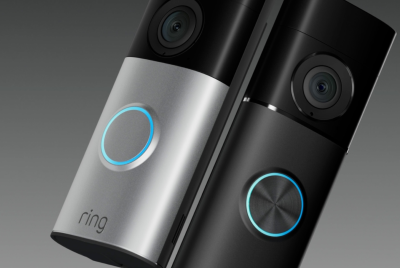Malicious Worm Ramnit: How to Protect Your Facebook Account

Malicious software in the form of worms are posing a serious threat to computers. These viruses replicate themselves without altering files and reside in active memory.
The latest victims of these types of viruses are Facebook users. A worm, called Ramnit, has infected more than 45,000 Facebook accounts and associated email addresses. It has infected Windows executables, Microsoft Office and HTML files, according to a profile published by Microsoft.
Around 69 percent of users are from the UK as 31,000 Facebook usernames and passwords from British users have been stolen using fraudulent Trojan Ramnit.
Worms spread by exploiting vulnerabilities in the operating system. If the vulnerability is disclosed before the security patch is released by the vendor, then a zero-day attack will be possible.
Even though anti-virus and anti-spyware software are available on the computer, it must be kept up to date with latest patches and downloads.
There are Trojans like "Anti-Spyware 2011", which attacks Windows 9x, 2000, XP, Vista, and Windows 7, posing as anti-spyware program. They actually disable security-related process of anti-virus programs while blocking access to the Internet which prevents updates.
Seculert researchers have revealed that the attackers used the Ramnit worm, known as financial malware, which steals FTP credentials. Linking it with leaked Zeus Trojan helps the malware attackers perform HTML code injection into browsers to steal online banking credentials.
Without the users' knowledge, the malware attackers steal login credentials of social networking accounts. It leads to the spread of the malicious links to the friends' pages.
Aviv Raff, CTO of Seculert, has said: "We suspect that they use the Facebook logins to post on a victim's friends' wall links to malicious websites which download Ramnit."
A few precautionary steps can help a Facebook fan stop the malicious software from entering his or her computer. The following details listed on Microsoft website can help prevent issues related to the worm or any other type of malicious software.
- Enable a firewall on your computer.
- Get the latest computer updates for all your installed software.
- Use up-to-date antivirus software.
- Limit user privileges on the computer.
- Use caution when opening attachments and accepting file transfers.
- Use caution when clicking on links to web pages.
- Avoid downloading pirated software.
- Protect yourself against social engineering attacks.
- Use strong passwords.
Visit Microsoft Website for details.
© Copyright IBTimes 2025. All rights reserved.





















